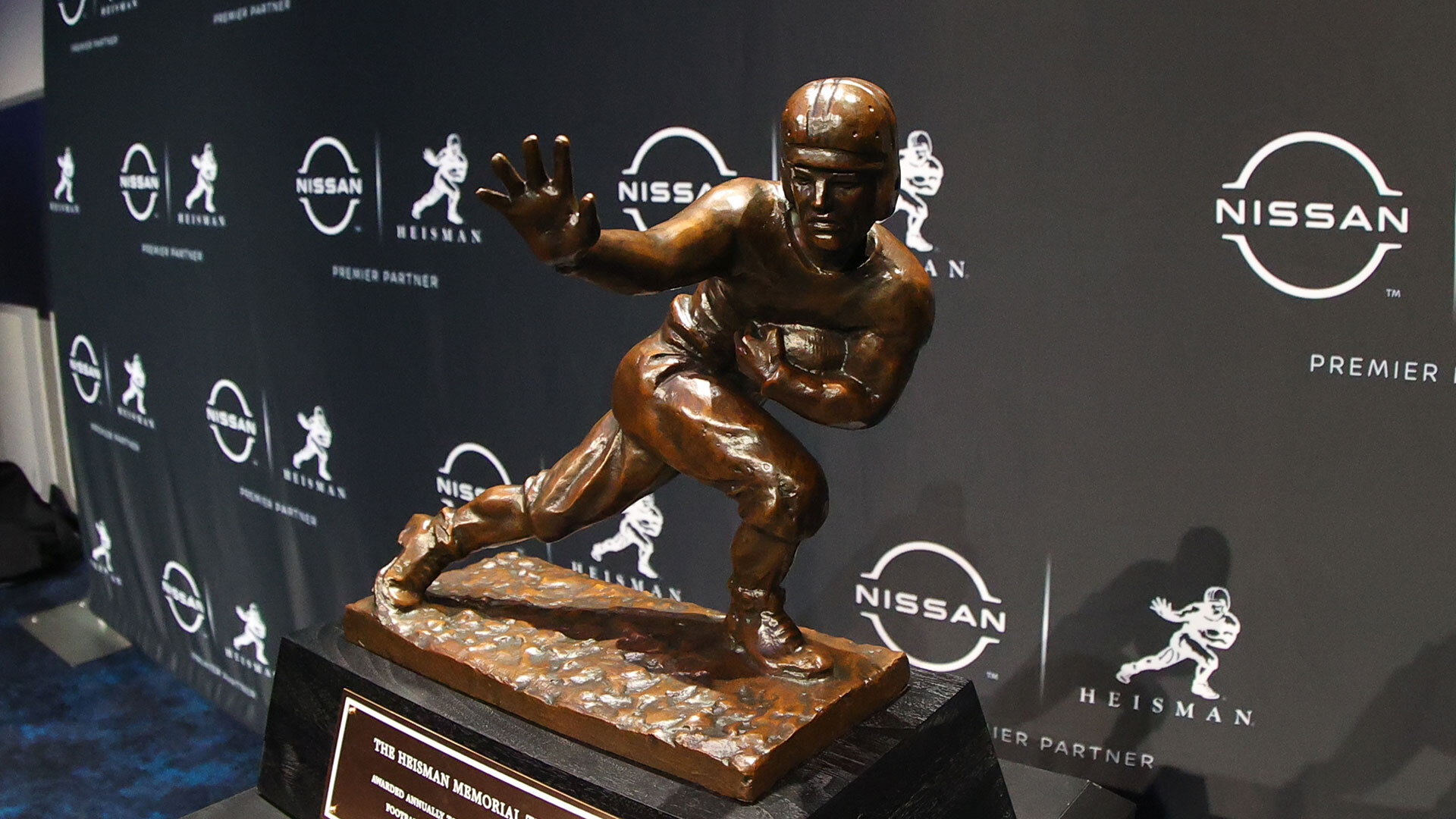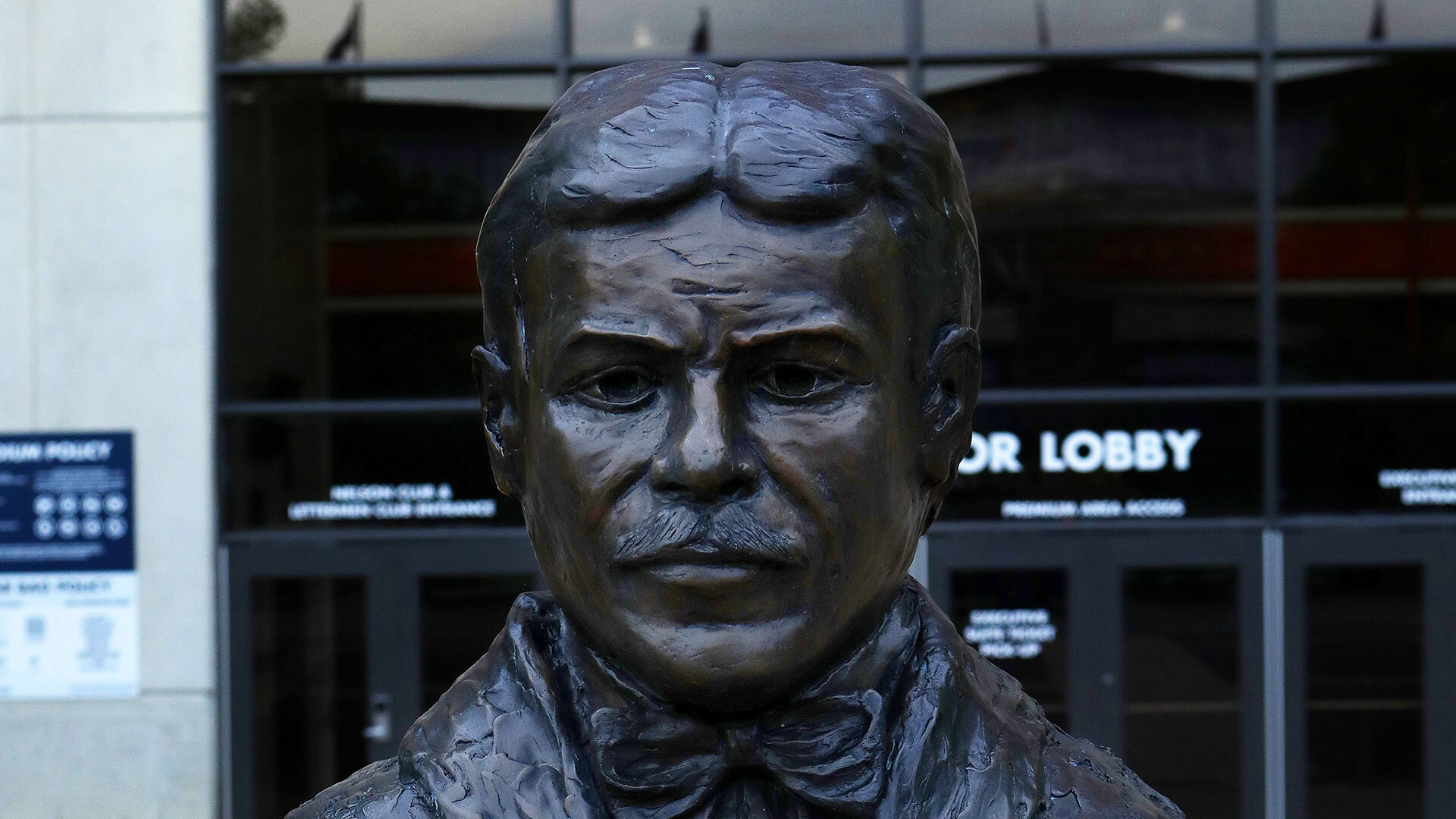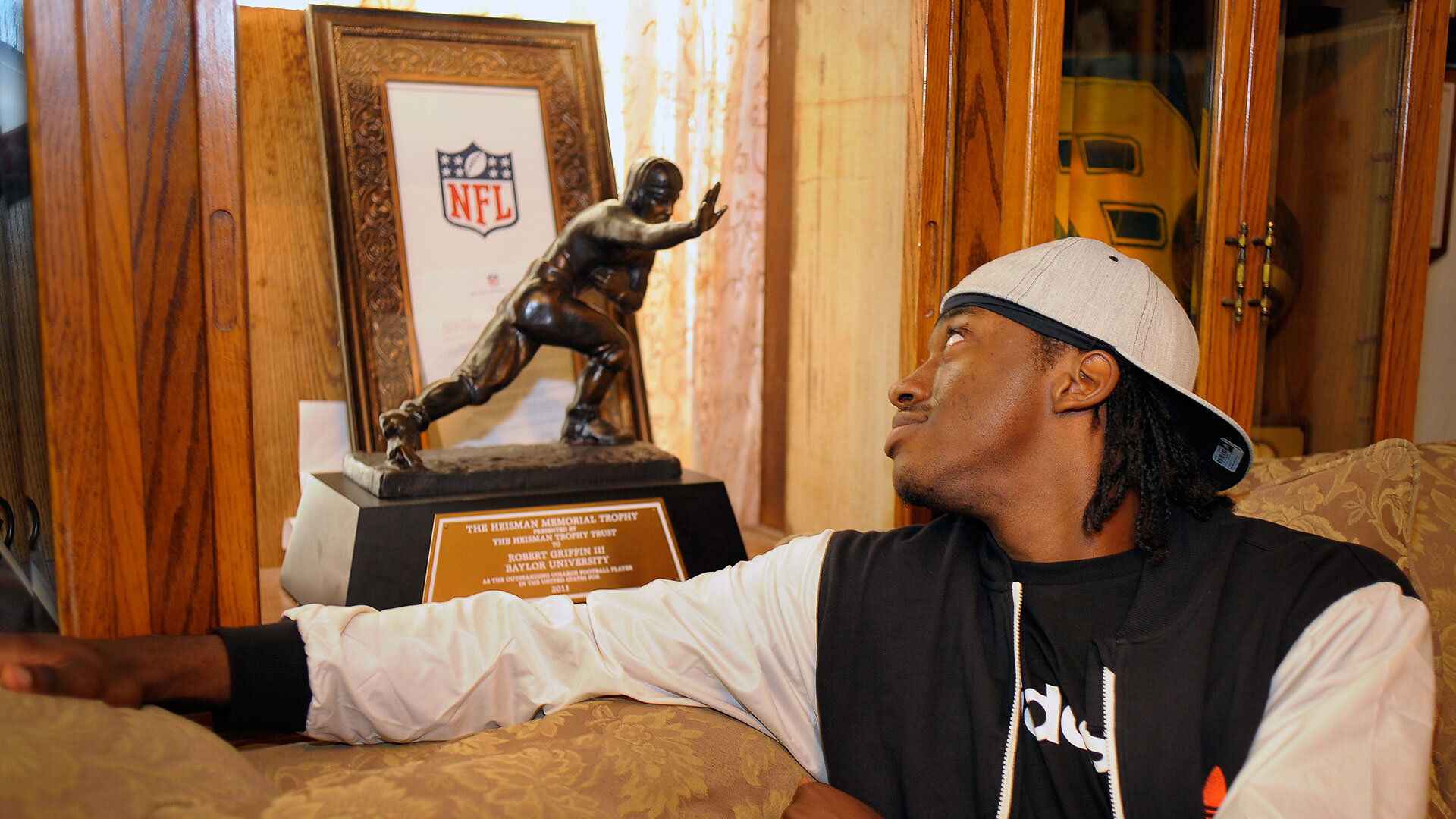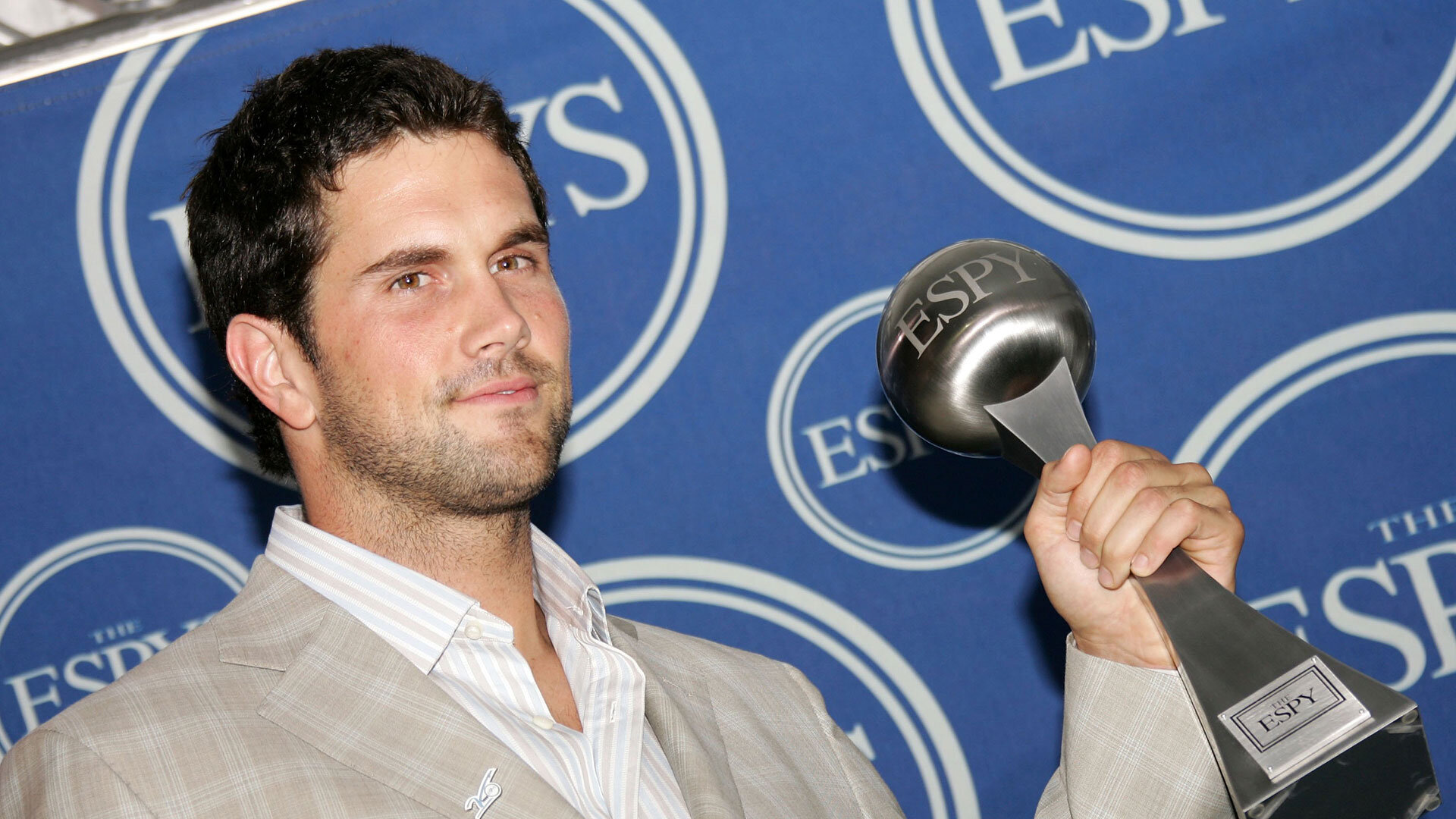
Lang’s World: Let’s give the Heisman the Heisman
Lang WhitakerEverything changes. I told someone the other day that I knew I was getting old when I realized I was more excited to go to sleep at night than to stay up and play video games. As much as I wish I still had unlimited energy and free time, my body has changed, and the world around me has changed as well. I’ve had to make adjustments to keep up.
But sports, in large part, cling to tradition, perhaps to an extreme. We can’t shorten the baseball season, because that’s the way it’s always been! Shoot more threes in basketball? But that’s not the way the game was played fifty years ago! Perhaps it’s a safety blanket for some fans, their constant in this changing world. The world shifts, things progress, but there always seems to be a section of sports fans who don’t want anything to change.

This brings us to the Heisman Trophy, the award that is traditionally presented to the best player in college football. A tradition since 1935, at one point the Heisman Trophy was the most prestigious individual award in college sports. It remains an annual rite: Each winter, on some random December evening, the award is still presented in New York City, with a suggestion of honor and secrecy hovering around the presentation.
And yet. Maybe it’s just me, but lately it seems as though the Heisman Trophy has lost some of its shine. Winning the award is still an honorific that matters, at least to some degree. But it certainly doesn’t seem to matter as much as it once did. Maybe it’s because the world in which we live has changed so much, while the trophy literally remains this outdated pose of a guy in a leather helmet delivering an imaginary stiff-arm.

Or perhaps it’s because college football has changed so much. The award itself is named after a legendary coach named John Heisman, who seems to have presided over a completely different sport than the one we watch today. Coach Heisman, for instance, invented quarterbacks yelling “Hike!,” implemented the idea of sending players in motion, and helped get the forward pass legalized. According to one report, when Heisman was coaching Clemson, they defeated Furman in part because an oak tree was growing on the field, and Heisman devised a play using the tree as a blocker. Heisman coached players with names like “Twenty Percent” Davis and Toots Douglas.
(Also, for what it’s worth, I was reading Heisman’s Wikipedia page when I came across a passing reference to “the bloody 1905 season,” when 18 players died(!), and the President of the United States had to step in to push for better safety measures. This seems like a 30 For 30 waiting to happen.)
There was a time when winning the Heisman Trophy was a nice little bonus at the end of the season for athletes who probably needed some help. They got a free trip to New York! And a piece of hardware to put on their shelf.

But that was about it. Did having a Heisman make life demonstrably better for a guy like Sam Bradford or Marcus Mariota? Other than perhaps appearing in a Nissan commercial, probably not. These days, I’m willing to venture that most college football players are making more per year than John Heisman earned in his entire career. You no longer need a trophy to turn a profit as a college football player.
Awards are still nice and all, but there are so many of them that it almost feels as though the Heisman has seen its territory encroached upon a bit. Winning an ESPY might not be so bad, right? Or one of the millions of other awards that is presented annually.

Perhaps you could make the Heisman more relevant by moving the date? Instead of having the ceremony on a random weekend in December, wait until the playoffs are over, since the playoffs didn’t exist when the Heisman was invented. Wouldn’t it be more accurate to be more inclusive of the entire season when selecting the most impactful player?
I remember as a kid waiting anxiously to see who was going to win the award each year. Now I’m not even sure when it’s on or if it’s even televised. I am not here to advocate for the abolishment of the Heisman Trophy. But I do think perhaps we should take a step back and consider that the Heisman isn’t what it used to be. Winning the Heisman isn’t everything, and maybe it isn’t even the only thing.
But it used to be something. I’m just not sure it is any longer.
Published on Oct 28, 2022
Related content

